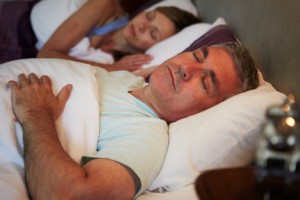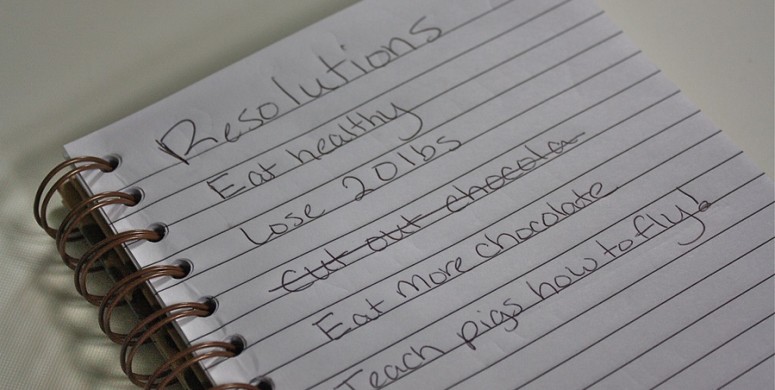Are You a Compulsive Overeater?
Compulsive overeating is characterized by an obsessive compulsive relationship to food. It is the sister to binge eating disorder, where one eats large amounts of food, sometimes 5,000 calories or more, rapidly. Most people with these disorders feel out of control when they eat, eat alone due to shame, eat really fast, don’t savor the food and get high from the serotonin that is produced in the brain. Following the high there is guilt and depression, which can lead to another eating episode to try and feel better again. This same syndrome, when accompanied by purging, is called bulimia.
Why some people suffer from this, and others don’t, we are still learning about. Since we are just now able to look at different genes, and experiment with turning them off and on, there are daily and amazing advances that I hope will lead us to a cure. Meanwhile, if you suffer from these issues, there is hope and treatment.
Most compulsive overeaters are not food connoisseurs. While it may seem like the problem is loving food too much, what we find is that it is really the love of the “high” they get from eating certain foods, in large quantities. Not the food itself. People who really love food tend to: eat slowly, are very selective about what they eat and tend not to eat past the point of full. Compulsive overeaters eat way past the point of full. Some I have worked with have consumed up to 60,000 calories in one day.
Compulsive overeating and binge eating disorders are serious problems with the complications from each potentially fatal. If you suffer from these problems, a combination of talk therapy, medicinal and nutritional interventions have proven to be the best treatment. With help, it is possible to recover.
I have personally suffered from compulsive overeating and exercise bulimia. Although the severity was less than in some, it was still a very difficult problem to overcome. It becomes like an addiction, and/or a very bad habit that is entrenched and resistant to change. While a cigarette smoker can quit, and an alcoholic can never drink again, a person with an eating disorder has to learn to manage food. This is very difficult, but completely possible.
Please share your story with us. If you, or someone you love, suffers from these serious problems. Your story might just help someone else.
If you’d like to participate in the research for Irene’s new book about the process of weight loss, please visit www.eatingdisordertherapist.com and take the survey.
-
Frank Skinner’s says Make Fat Uncool Again
Frank Skinner, writing in The Times, has a new theory on the cau
-
Lose Weight Quickly Using A High Protein Diet
As many people will tell you, losing we
-
The Worst Time Of Day You Can Stress Eat
No matter how hard we tr
-
Lose Weight Really Fast Without Surgery And Medication
A large number of men and women aged between 35 and 60 in the USA, Eur
-
Top Weight Loss Tricks - Is A Boot Camp Really Necessary For Weight Loss
People may have tried dozens of weight loss drugs and fad diets that c
-
Targeting Your Trouble Spots: Fact or Fiction?
You’ve gained weight. Again. It seems to always show up in th
- DON'T MISS
- 7 Ways To Lose Weight Without Dieting
- Celebritys Like Rachel Ray Feature Acai Berry
- Where Did All The LowCarb Diets Go
- Weight Loss Foods - What You Should Eat For Breakfast & Why
- The Truth About Weight Loss Patches
- The Perfect Diet Combined With A Healthy Weight Management
- The Best 5 Natural Fat Loss Supplements
- How Does Garcinia Cambogia Extract Work For Weight Loss?
- The Apple Program – Does It Do The Trick?
- Weight Loss: My No. 1 Tip




